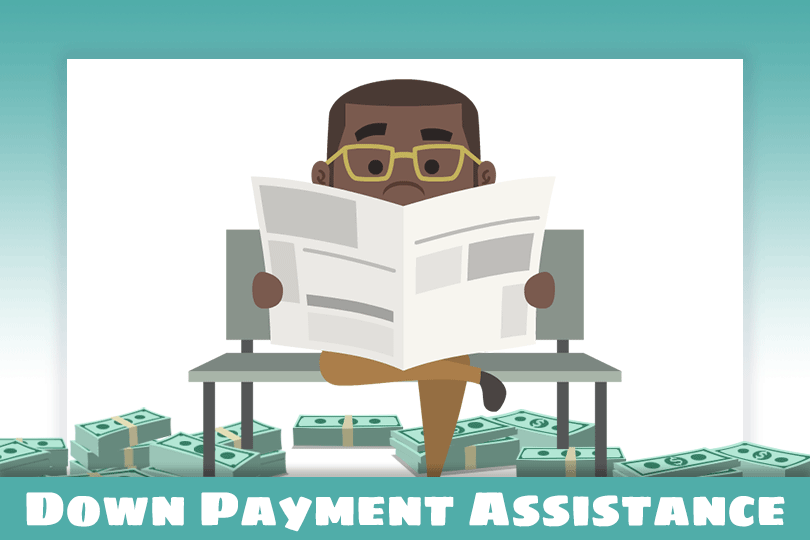The Three Types of Down Payment Assistance
March 24, 2021
As of 2019, 68% of homebuyers are making down payments of less than 20%. That means in addition to the chunk of money required upfront, borrowers need to pay additionally for the mortgage insurance, which is another deterrent to buying a home.
This is where Down Payment Assistance Programs come in. With the help of these programs, long time renters can make up the shortfall and purchase their first home. In addition, they can help potential homebuyers put down 20% on their home and avoid paying mortgage insurance.
Keep in mind that after the Housing and Economic Recovery Act of 2008, seller-funded down payment programs were outlawed. HUD rules state that anyone with a financial stake in the loan or its outcome may not offer any kind of down payment assistance. The law does, however, allow states and local government agencies to help borrowers finance their homes with second mortgages and grants.
Down Payment Assistance comes in three forms:
1. Grants
State and local agencies in addition to housing authorities offer eligible homebuyers down payment grants that can be put towards paying mortgage expenses like down payments and closing costs.
2. Second Mortgages
Many down payment assistance programs come in the form of a second mortgage with low- or zero-interest rates. These are usually deferred loans that need to be paid when the home is paid off, sold, or refinanced. In some cases, the loan is completely forgiven after a certain period.
3. MCC’s
A Mortgage Credit Certificate (MCC) is a tax credit issued by state or local government that allows a taxpayer to claim some portion of the mortgage interest paid. Keep in mind that this is not a tax deduction; it provides a dollar-for-dollar tax credit to homebuyers for the interest paid during a given tax year.
Buying a home is expensive enough as it is. Having a little help with the payments can go a long way. FHA.com has done some of the heavy lifting by compiling a list of Down Payment Assistance programs in all states. Look at the list find a program that will benefit you and bring you a step closer to owning your own home!
------------------------------
RELATED VIDEOS:
Consider the Benefits and Risks of a Joint Loan
Borrowers Should Know About the Origination Fee
Everyone Needs to Pay Their Property Tax

FHA Loan Articles
December 10, 2024The FHA announced increased loan limits for 2025, providing those seeking FHA-insured mortgages after January 1st with increased purchasing power. In this article, we explore the key aspects of these limits and their implications for your homeownership goals.
When you are approved for an FHA-insured loan, the FHA guarantees a portion of the loan to the lender, lowering lender risk...
December 9, 2024The Federal Housing Administration (FHA) helps people buy homes, especially those buying for the first time or who might not have perfect credit. In 2025, there is good news for FHA borrowers. FHA home loan limits are going up.
In most places, the FHA loan limit for a single-family home in 2025 is $524,225. This is more than it was in 2024. However, in expensive areas, where houses cost more, the limit can be as high as $1,209,750.
December 5, 2024The Federal Housing Administration (FHA) has some ground rules regarding cash-out refinances. These rules are designed to protect both you and the lender, ensuring you have enough ownership of your home and reducing the risk of foreclosure. How long must you own your home before you can apply for FHA cash-out refinancing?
December 4, 2024When you think about owning a farm, do you dream of vast landscapes and thriving agricultural enterprises? Or are you looking for a quaint farm-style house to live in but not necessarily to start a new farming career?
Borrowers who want to buy a farm residence are in luck with the FHA loan program, which includes options to purchase farm residences.
November 27, 2024If you are new to the home loan process, you may wonder how your loan officer will interpret your application data. How lenient is the lender with issues related to debt, credit utilization, and related factors? We examine some key points, but remember that what follows is not financial advice. Always consult a finance or tax professional for the most current information.







